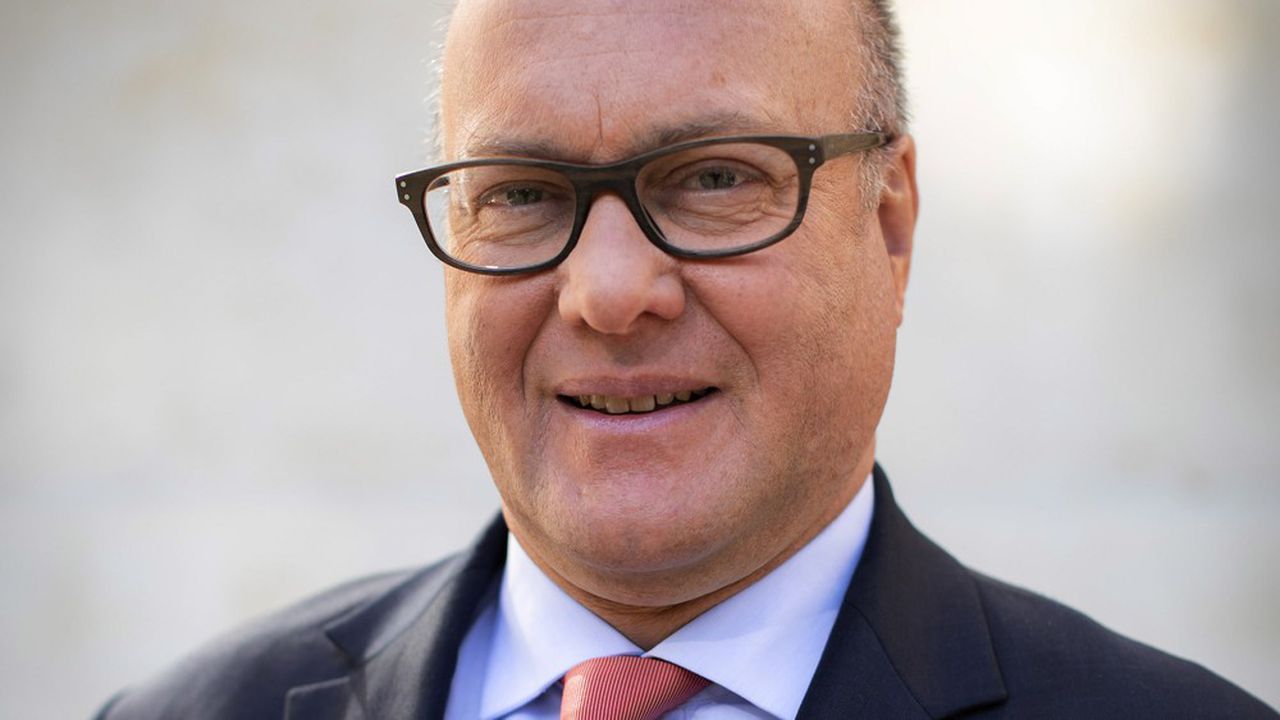
H2O affair: customers of illiquid funds win first court case
A class-action lawsuit has obtained a court order for H2O Asset Management to provide documents to shed light on its risky investments. The collection and review of the documents has been entrusted to Eric Pinon, outgoing chair of the Asset Managers’ Association.
Almost two years after several H2O Asset Management funds were frozen, customers of the struggling asset management company have won a first legal victory. The Paris Commercial Court has ordered the once rising star of the London asset management industry, in which Natixis still holds a 23% stake, to release documents tracing its controversial investments in Tennor, the holding company owned by Lars Windhorst, a German businessman with a nefarious reputation.
The task of collecting and reviewing the documents has been entrusted to Eric Pinon, who has just stepped down as chair of the French Financial Management Association [Association française de la gestion financière (AFG)], the industry lobby, according to the specialised website Newsmanagers. This work will commence next week, with an initial meeting at H2O’s Paris offices, one month after the court order of 8 June.
€1.6 billion frozen
The company owned by Frenchman Bruno Crastes, which is also under investigation by the UK markets regulator, did not comment on this initial ruling. It now manages only €12.8 billion (end May) compared to €30 billion at the end of 2019. H2O has always been very discreet about its risky investments in illiquid securities, although it claims, within its own brand, to be as transparent and liquid as water.
Although a portion of the funds have been released, €1.6 billion in outstanding assets are still frozen in restricted pockets (“side pockets”) under French law, filled with debt securities from Tennor’s obscure activity. Their repayment, which was planned for mid-2021, had been postponed for six months. In vain.
At the end of 2021, H2O depreciated the value of these pockets by an average of 35%, but some customers fear they have lost their entire stake. The company has reiterated that it “is still working with its legal and financial advisors on the exposure of the SP funds [editor’s note: “side pockets”] to the Tennor Group’s securities with a view to disposing of them on the best possible terms”.
Eric Pinon’s assignment should shed light on the movements within the H2O funds since 2015, the year in which the first transaction with a Tennor company is believed to have taken place. “The report should help us calculate the customers’ losses by tracking, fund by fund, the purchases of Tennor-related bonds and the waivers of claims granted by H2O”, explained Dominique Stucki, lawyer for the unitholders’ association “Collectif Porteurs H2O”.
This association, which brings together dozens of wealth management advisors, fund managers and investors, had summonsed H2O eight months ago. They were joined in this initiative by German fund manager Sauren, represented by Simmons & Simmons.
KPMG and Caceis spared
“We will also be able to more accurately identify the regulatory offenses committed, especially with regard to prudential ratios, buy-and-sellbacks and conflicts of interest in connection with movements between the company’s funds”, the lawyer added. “Lastly, we would like to understand the Tennor debt restructuring operation in 2021, which has still not given rise to any payments to holders”.
Once the report has been filed with the court, in four months’ time, “we have planned to bring an action on the merits to claim compensation for professional and private customers”, Mr Stucki explained. However, the scope of the assignment of the former AFG chair, who was chosen for his knowledge of the industry and his independence from H2O, is not as broad as the complainants would have liked. It does not concern KPMG, the fund auditor, or the custodian, Caceis, who could have provided accounting and regulatory data.
However, “Eric Pinon will have to compile the documents provided by H2O and ascertain whether they are sincere, not truncated and comprehensive, in relation to the list of documents to be provided by the court”, Dominique Stucki said.
Source: Les Echos